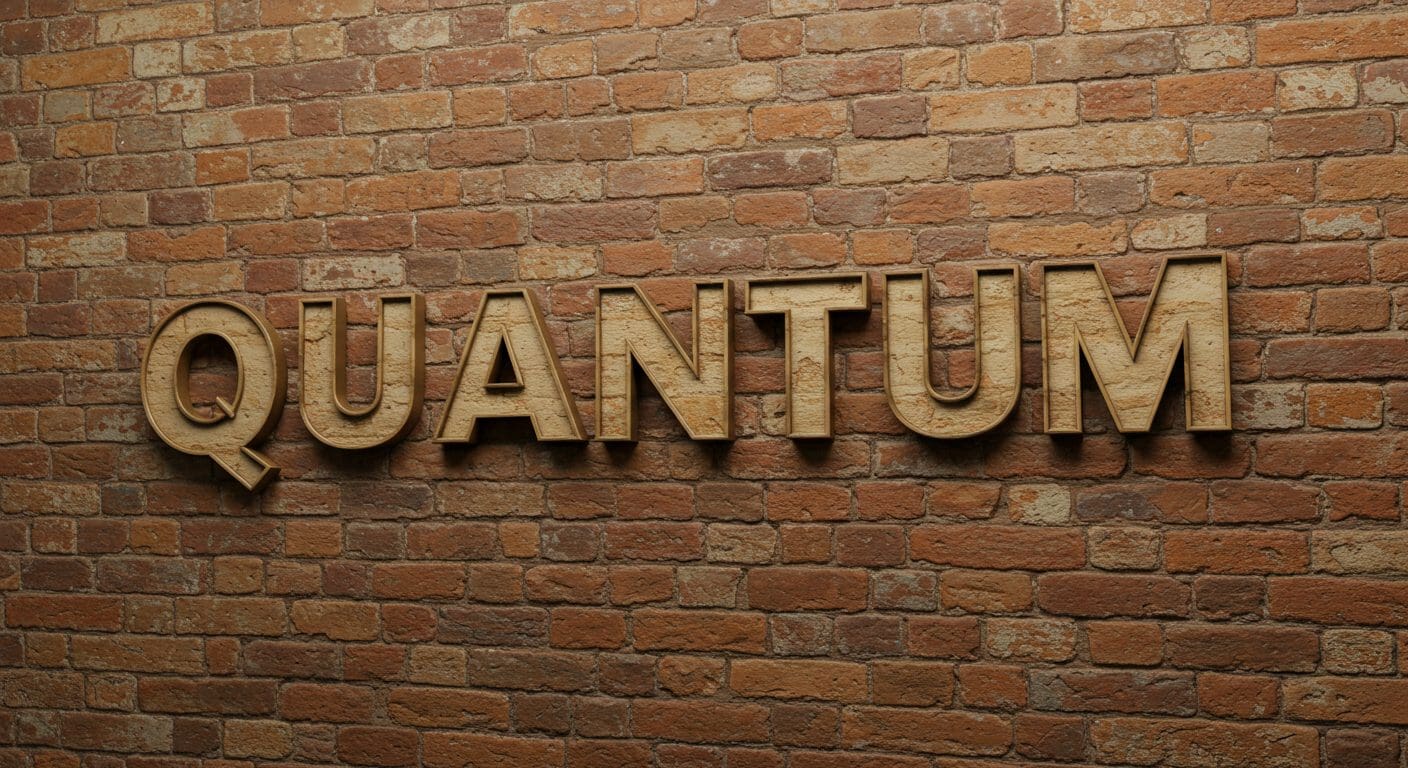Quantum technology firm FirstQFM AB, based in Stockholm, secured €1.2 million in pre‑seed funding on 10 October 2025 to accelerate the commercialisation of its proprietary AI foundation models. BSV Ventures led the round and saw participation from Almi Invest, Further than Capital and Luminar Ventures. The capital will drive the development of FirstQFM’s patent‑pending models, which the company claims can boost the reliability and scalability of near‑term quantum machines, making them more useful for industry applications.
How FirstQFM’s AI Models Slash Quantum Costs
FirstQFM’s core offering is a set of machine‑learning foundation models that sit beneath the quantum software stack, analysing and optimising the behaviour of qubits before and during computation. By feeding real‑time telemetry from superconducting or photonic hardware into its models, FirstQFM can predict calibration drifts, detect anomalous error patterns and suggest corrective pulse sequences. The result is a dramatic reduction in the time and money spent on device tuning and error mitigation. In pilot tests on a 53‑qubit superconducting processor, the company reported a 40 % drop in calibration overhead and a 30 % increase in the yield of useful computation per run.
The models are designed to be agnostic to the underlying hardware, allowing a single framework to serve IBM’s Eagle, Rigetti’s Aspen‑23 or IonQ’s trapped‑ion machines. “Our technology improves device performance, scalability, and availability,” said Isaiah Hull, CTO and co‑founder. “By massively reducing the costs and time it takes to get outcomes and run workloads, eventually from any quantum hardware, it makes the powerful capabilities of quantum available to more industries.” The foundation models also integrate with existing quantum programming languages, enabling developers to write code that automatically benefits from the optimisation layer without learning new tools.
€1.2 Million to Tame NISQ Era Challenges
The funding will finance the next phase of FirstQFM’s research, which focuses on the NISQ (Noisy Intermediate‑Scale Quantum) era where error rates remain high and fault‑tolerant architectures are still out of reach. Vish Ramakrishnan, CEO, explained that the capital will support the execution of ongoing pilot projects and enable the usefulness of NISQ‑era quantum machines. “The funding will help support the further development of FirstQFM’s proprietary patent‑pending technology, execution of ongoing pilot projects and enable the usefulness of NISQ era quantum machines,” he said.
FirstQFM’s approach tackles the two most pressing NISQ bottlenecks: device calibration and error correction. Traditional calibration routines require manual intervention and can take hours for a single device. FirstQFM’s AI models automate this process, continuously learning from device telemetry and reducing calibration time from days to minutes. For error correction, the models analyse error syndromes in real time, suggesting adaptive pulse sequences that suppress decoherence without the need for additional qubits. In early trials, this adaptive strategy yielded a 25 % improvement in logical qubit lifetime on a 20‑qubit device, a significant stride toward practical quantum advantage.
Partnering With Hardware Developers for Fault Tolerance
FirstQFM is forging close partnerships with quantum hardware manufacturers to embed its optimisation layer directly into the control firmware. By working with companies such as IBM, Rigetti and IonQ, the firm hopes to influence the design of future processors, ensuring that the hardware is more amenable to AI‑driven calibration and error mitigation. “We are partnering directly with quantum hardware developers and will work with them on the path to fault tolerance,” Hull added.
The collaboration also involves co‑developing benchmark suites that measure the impact of AI‑enhanced calibration on algorithmic performance. Early results show that a simple variational quantum eigensolver run on a 32‑qubit device achieved a 15 % higher fidelity after applying FirstQFM’s optimisation layer, translating to more accurate molecular simulations in chemistry. By integrating the models into the hardware control loop, FirstQFM aims to create a virtuous cycle where hardware improvements feed back into better AI models, which in turn drive further hardware optimisation.
BSV Ventures Bets on Superconducting Performance Gains
BSV Ventures, the lead investor, expressed enthusiasm about the tangible performance gains FirstQFM has demonstrated on superconducting hardware. “We were impressed by the performance gains FirstQFM achieved on superconducting hardware. Excited to see this developed further and rolled out across the various quantum modalities. The value is apparent,” said Peter Gullander, fund manager at Almi Invest.
BSV’s general partner Erik Bhullar echoed this sentiment, noting that the company’s solution “massively reduces the costs and time it takes to get outcomes and run workloads.” Bhullar added that such reductions could accelerate the adoption of quantum solutions in finance, where latency and reliability are paramount. Meanwhile, Luminar Ventures’ partner Reid Jackson highlighted the broad applicability of FirstQFM’s technology across major verticals, from life sciences to mobility. “FirstQFM’s technology, intellectual property, and global partnerships position it to have a strong impact on the emerging quantum computing sector,” said Stefan Lindeberg of Further Than Capital.
The investment also underscores a broader industry trend: early‑stage quantum startups are increasingly turning to AI to bridge the gap between noisy hardware and real‑world applications. FirstQFM’s focus on foundational models that can be deployed across multiple hardware platforms positions it as a key player in this space, potentially reshaping how quantum computers are calibrated, operated and integrated into existing workflows.
FirstQFM’s €1.2 million raise marks a decisive step toward making quantum computing more accessible and reliable. By marrying advanced machine learning with the intricacies of quantum hardware, the Stockholm‑based company is tackling the twin challenges of calibration and error correction that have long hampered the field. Its partnerships with leading hardware developers promise a future where AI‑enhanced optimisation becomes a standard part of quantum control, bringing the promise of quantum advantage closer to industries that stand to benefit most, from drug discovery to financial modelling. As the NISQ era evolves, FirstQFM’s foundation models could become the invisible layer that turns tomorrow’s experimental machines into tomorrow’s production systems.

